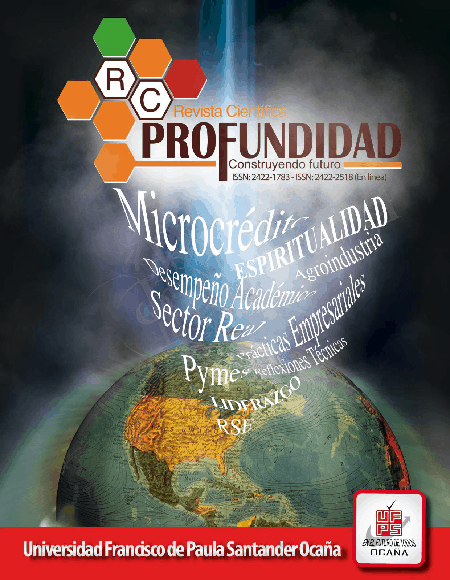Strategies and actions for academic underperformance in CURN
Estrategias y acciones del bajo desempeño académico en la CURN
Main Article Content
The present research focused on analyzing the academic performance of students who have not been able to reach the minimum required levels. Academic performance is explained by variables such as: habits, methods, study techniques and aptitude.
The low academic performance is a level in which a student is when he/she obtains an average lower than 3.0 over 5.0 and is caused by learning difficulties, bad habits, absence of study techniques and methods and deficiencies in some areas, mainly in quantum and reading-writing.
For the above mentioned, it is necessary to carry out an investigation that allows to know this situation and from there, to propose strategies and actions to overcome this situation and to show its commitment with the academic quality of the Business Administration Program of the Corporación Universitaria Rafael Núñéz 1P2012.
Downloads
Article Details
Barahona, A. (1986). Como estudiar . Bogotá: 3ra Edición. Ipler.
Beltrán, J. e. (1997). Psicología de la Educación. Madrid: Eudema Universidad.
Benítez, R. y. (2010). Situación del e---learning en las diferentes universidades públicas andaluzas[artículo en línea]. España: Edutec.
Bernardo Carrasco, J. (1995). Cómo aprender mejor. Estrategias de aprendizajes. Madrid: Rialp.
Cabero, J. M. (2011). Creación de un entorno personal para el aprendizaje: desarrollo de una experiencia . Edutec, Revista Electrónica de Tecnología Educativa , 38.
Castillo, S. y. (1998). Enseñar a Estudiar. Procedimientos y técnicas de Estudio. Textos de educación profesorado. Uned.
Friere, & Paulo. (1996). "Pedagogía de la esperanza". México: Siglo XXI.
Garcia, G. J. (2012). Aprender entre iguales con herramientas web 2.0 y Twitter en la Universidad. Análisis de un caso. Edutec, Revista electrónica de tecnología Educativa. , 40.
Gosalbez, A. (2000). Orientación y tratamientos psicopedagógicos. Madrid: 3RA edición. Cince.
Hammonds, C. L. (1989). Enseñanza. México: Trillas.
Imbernóm, F. S. (2011). Competencias en los procesos de enseñanza-aprendizje virtual y semipresencial. Comunicar , 130.
Jiménez, M. (2010). El autoaprendizaje en una asignatura transversal de evaluación continua: un caso práctico. Edutec, Revista Electrónica de Tecnología Educativa (33), 40. DOI: https://doi.org/10.21556/edutec.2010.33.428
Lawson, A. E. (1984). Proportional reasoning and the linguistic abilities required for hypothetic-deductive reasoning. Cincinnati, Ohio: Journal of Research Science Teaching. DOI: https://doi.org/10.1002/tea.3660210204
Piaget, J. (1928). Judgment and Reasoning in the child. Nueva Jersey: Litlefield Adams: Paterson.
Selmes, I. (1988). La mejora de las habilidades para el estudio. Madrid: Paídos.










